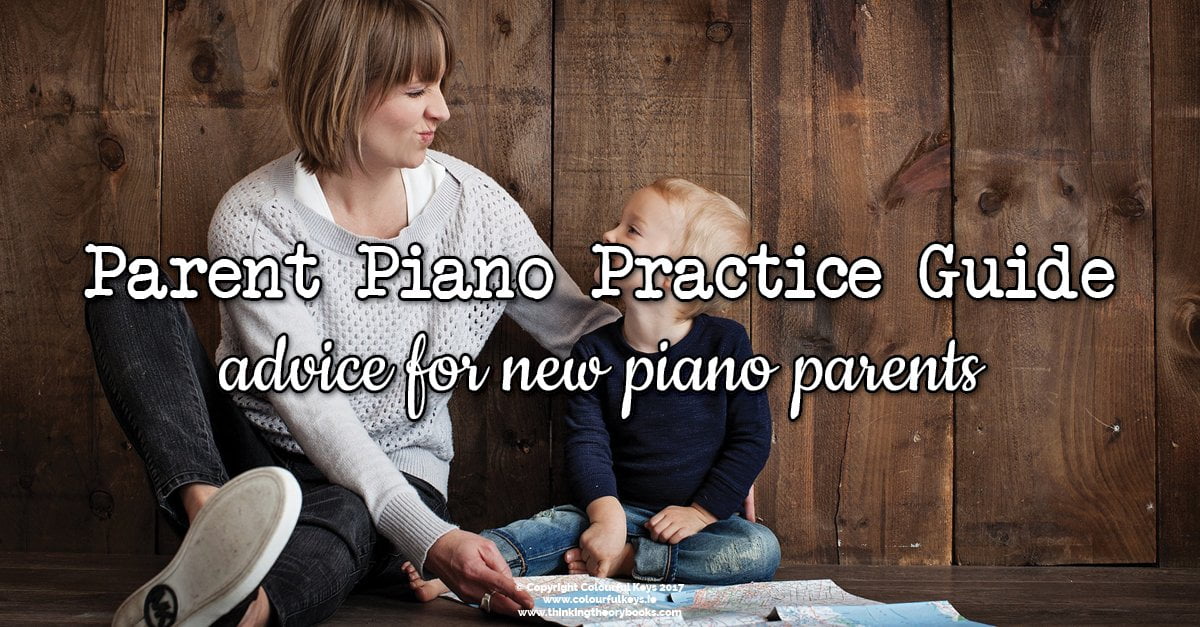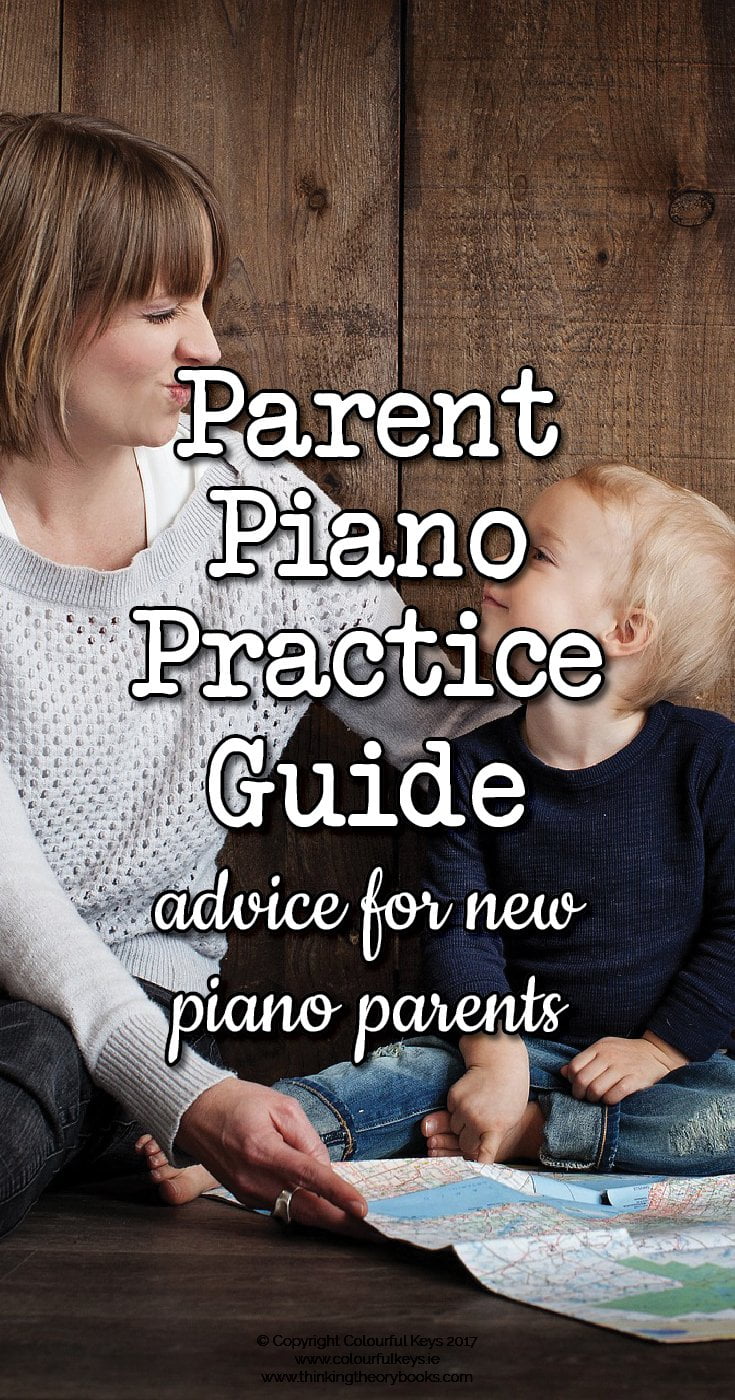Even parents who never learnt piano themselves can help their children practise. One of the biggest ways a parent can help is by establishing a practise routine, right from the start.
Most children need reminders to practise, and help following the teacher’s instructions. Follow the guidelines below and your child will make great progress and feel confident playing the piano.
Practise should happen at the same time every day
Choose a time that you are able to stick to. This could be before school in the morning, after school, after homework is finished, just before dinner; any time that you can be consistent about.
Follow the assignment sheet
Setting a certain amount of time for practice is not ideal, try to follow the assignment sheet. Make sure the student practices all the assignments, as the teacher specified. If this takes only 5 minutes that’s fine, if it takes 20 minutes that’s fine too.
Try to encourage slow practise
Whenever possible, and especially in the beginning few weeks, try to sit with your child and encourage them not to rush. You could also try tapping or clapping a steady beat while you’re child is playing to help them hear the pulse.
Be their student
Get them to explain to you what they’re working on, how they know what to play etc. Try pointing to symbols and asking them what they mean. This will not only help you to know what’s going on, but will reinforce their knowledge.
Be their cheerleader!
Most importantly, let your child know how much you love hearing them play! This is by far the best way to encourage long term practise. (If they’re doing really well with a piece, it’s a great idea to arrange a mini-concert, gather round the family so they can show off all their hard work!)
Click here to download a PDF of the “Parent Practise Guide” for printing.
 <
<